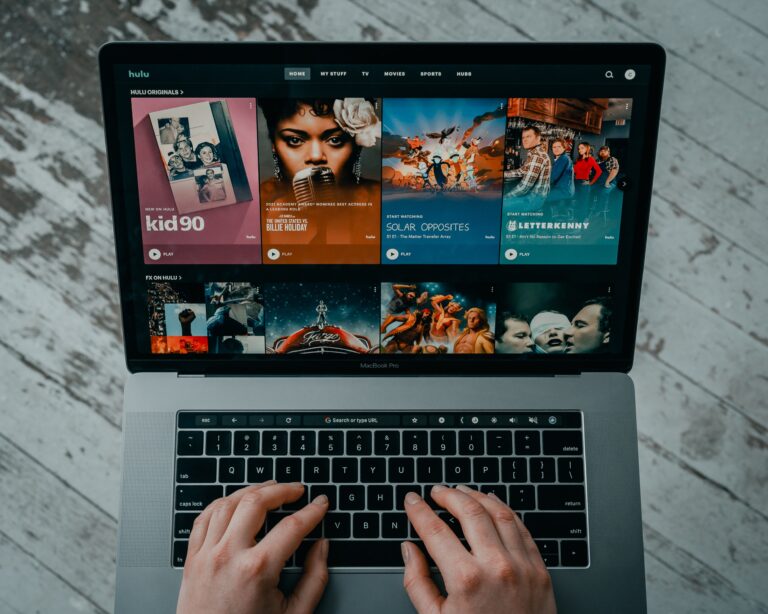In the ever-evolving landscape of entertainment, traditional television is facing stiff competition from new and innovative streaming technologies. One such technology that has gained significant traction in recent years is Internet Protocol Television (IPTV). This blog post aims to delve into the world of IPTV, examining its features, benefits, drawbacks, and ultimately answering the burning question: of Exploring IPTV: Is IPTV worth the hype?
Understanding IPTV:
IPTV, or Internet Protocol Television, is a method of delivering television content over the internet instead of traditional cable or satellite methods. This technology uses Internet Protocol (IP) networks to transmit video content, providing users with the ability to stream live TV channels and on-demand content over the internet.
Advantages of IPTV:
- Wide Range of Channels:
One of the primary advantages of IPTV is the vast array of channels it offers. Unlike traditional cable or satellite TV, IPTV provides access to a multitude of channels from around the world, including international and specialty channels that may not be available through traditional means. - On-Demand Content:
IPTV allows users to watch their favorite shows and movies on-demand, providing flexibility in choosing what to watch and when to watch it. This feature appeals to those who prefer personalized viewing schedules and the convenience of not being tied to traditional broadcasting schedules. - Cost-Effective:
In many cases, IPTV can be more cost-effective than traditional cable or satellite TV. With the ability to choose specific channel packages and eliminate the need for additional equipment like cable boxes or satellite dishes, users can potentially save on monthly subscription costs. - Multidevice Compatibility:
IPTV is not limited to the television screen. Most IPTV services are compatible with various devices, including smartphones, tablets, and smart TVs. This flexibility allows users to enjoy their favorite content on the go, making it a convenient option for those with active lifestyles. - Interactive Features:
IPTV often comes with interactive features, such as the ability to pause, rewind, and fast-forward live TV. Some services also offer features like catch-up TV, allowing users to watch shows that aired within the past few days, even if they missed the original broadcast.
Drawbacks of IPTV:
- Internet Dependency:
The success of IPTV heavily relies on a stable and high-speed internet connection. Users with slow or unreliable internet may experience buffering issues, reducing the overall viewing experience. - Content Licensing and Legal Concerns:
The legality of IPTV services can be a gray area. Some IPTV providers may offer pirated or unauthorized content, raising concerns about copyright infringement. Users need to be cautious and choose reputable IPTV services to ensure compliance with legal standards. - Initial Setup Complexity:
Setting up an IPTV service may be more complex than traditional TV services. Users often need to install specific apps or software, configure devices, and navigate through various settings. This may pose a challenge for those who are not tech-savvy. - Limited Local Channels:
While IPTV offers a vast array of international channels, it may lack some local channels that are commonly available through traditional cable or satellite TV. This limitation can be a drawback for users who prioritize local programming.
Conclusion
In conclusion, the decision of whether IPTV is worth it depends on individual preferences, needs, and circumstances. The technology offers a wide range of channels, on-demand content, and cost savings, making it an attractive option for many consumers. However, potential drawbacks, such as internet dependency and legal concerns, should be considered before making the switch.
Before diving into the world of IPTV, it’s essential for users to research and choose reputable service providers, ensuring a legal and high-quality viewing experience. As technology continues to evolve, IPTV remains a viable alternative for those seeking a more personalized and flexible approach to television consumption. Ultimately, whether IPTV is worth it or not is a subjective decision that depends on the unique preferences and priorities of each individual consumer.
Read more: The Murky Waters of IPTV: Navigating Legality in the Streaming Age






